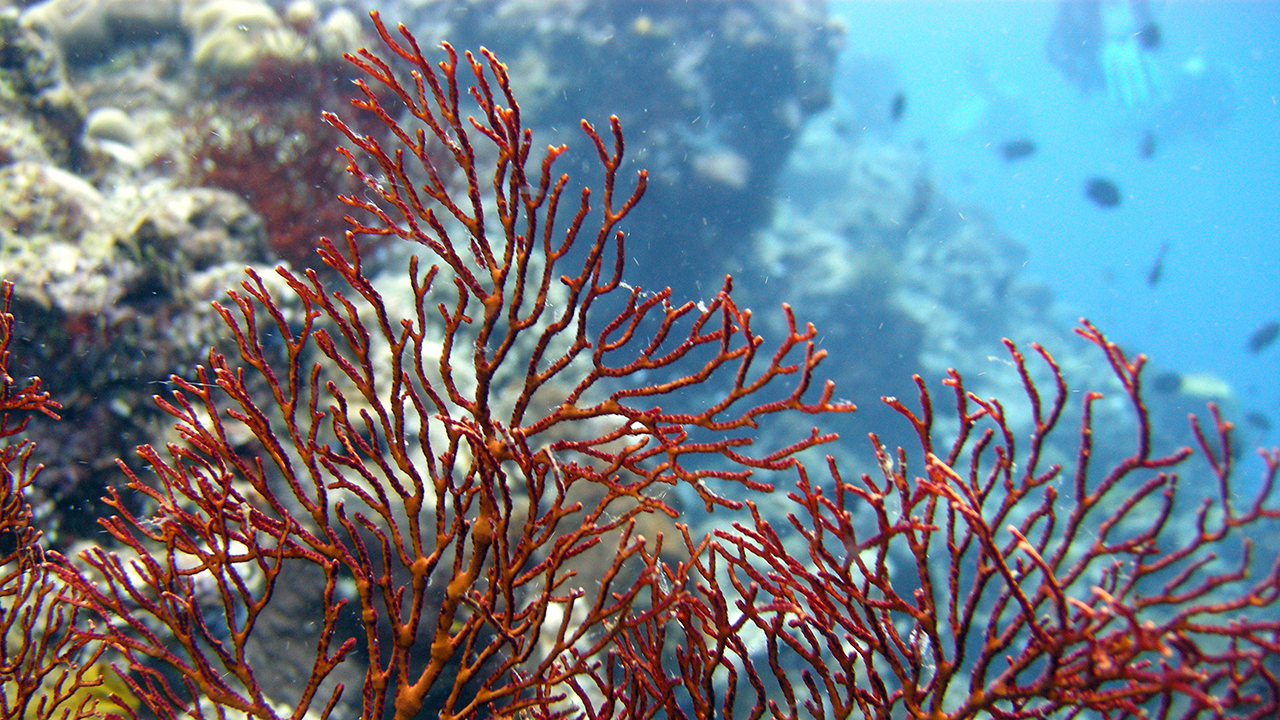Synthetic coral could suck pollution out of the sea
Targeting mercury, lead and arsenic

A team of Chinese researchers has developed a material that mimics the way corals suck industrial pollutants out of the water. It's hoped the discovery could help combat health issues in fishing communities around the world.
Heavy metals like mercury, lead and arsenic are released into the oceans through manufacturing and industrial processes. Plants absorb them, but when animals eat those plants, and when those animals are themselves eaten, the pollutants build up in the food chain. Top predators - including humans - then end up with very high levels in their bodies.
Corals are particularly good at adsorbing pollutants, due partially to their structure. So a team lead by Xianbiao Wang created plates of aluminium oxide (which has previously proved useful in cleaning up heavy metals) curled up into a coral-like formation.
Very excited
During testing, the coral-like plates removed 2.5 times as much mercury from water than traditional aluminium oxide nanoparticles. The details of the tests were published in the Journal of Colloid and Interface Science.
"We are very excited about the results, which provide a good example for the production of coral-like adsorbents," said Wang. "We hope our work provides inspiration for more research into the development of materials that mimic biological organisms."
Image credit: Matt Kieffer // CC BY-SA 2.0
Get daily insight, inspiration and deals in your inbox
Sign up for breaking news, reviews, opinion, top tech deals, and more.
